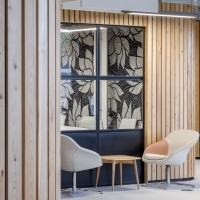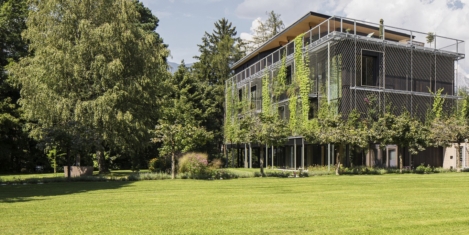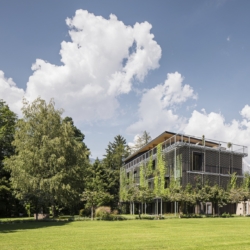To provide the best experiences, we use technologies like cookies to store and/or access device information. Consenting to these technologies will allow us to process data such as browsing behaviour or unique IDs on this site. Not consenting or withdrawing consent, may adversely affect certain features and functions.
The technical storage or access is strictly necessary for the legitimate purpose of enabling the use of a specific service explicitly requested by the subscriber or user, or for the sole purpose of carrying out the transmission of a communication over an electronic communications network.
The technical storage or access is necessary for the legitimate purpose of storing preferences that are not requested by the subscriber or user.
The technical storage or access that is used exclusively for statistical purposes.
The technical storage or access that is used exclusively for anonymous statistical purposes. Without a subpoena, voluntary compliance on the part of your Internet Service Provider, or additional records from a third party, information stored or retrieved for this purpose alone cannot usually be used to identify you.
The technical storage or access is required to create user profiles to send advertising, or to track the user on a website or across several websites for similar marketing purposes.
 The Valuable 500 – the global movement which is working to get 500 of the world’s largest businesses to commit to placing disability inclusion on their business leadership agendas – announces 326 global businesses have committed to putting disability inclusion on their board agenda. More →
The Valuable 500 – the global movement which is working to get 500 of the world’s largest businesses to commit to placing disability inclusion on their business leadership agendas – announces 326 global businesses have committed to putting disability inclusion on their board agenda. More →







 Singapore, Helsinki and Zurich have come top in the
Singapore, Helsinki and Zurich have come top in the 
 Supported by its Green Building Councils and their members, the
Supported by its Green Building Councils and their members, the 























September 22, 2020
No need to sideline form in our quest for function
by Mark Eltringham • Architecture, Comment, Facilities management, Furniture, Workplace design